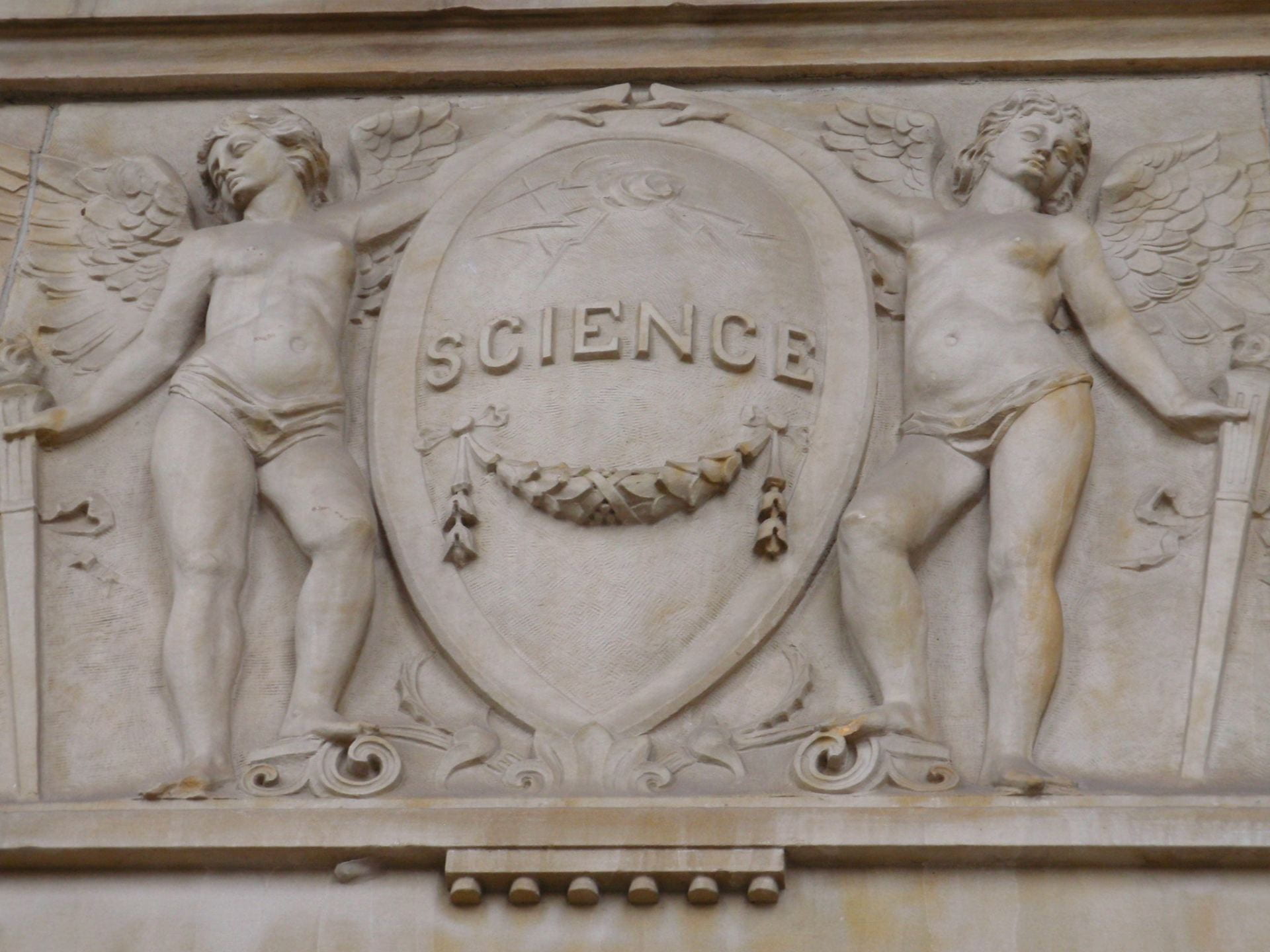When studying misinformation, the focus of attention is often on popular and social media. But in “Misinformation in and about science,” a paper newly published in the Proceedings of the National Academies of Science, University of Washington Center for an Informed Public faculty members Jevin West and Carl Bergstrom write that ”[a]ppealing as it may be to view science as occupying a privileged epistemic position, scientific communication has fallen victim to the ill effects of an attention economy.”
West, who is the CIP’s inaugural director and an associate professor at the UW Information School, and Bergstrom, a professor in the UW Department of Biology, continue in their paper: “This is not to say that science is broken. Far from it. Science is the greatest of human inventions for understanding our world, and it functions remarkably well despite these challenges. Still, scientists compete for eyeballs just as journalists do.”
Researchers, according to West and Bergstrom, “face incentives to hype their work and to publish selectively those findings that are surprising and ‘clickable.’ Like other information consumers and producers, researchers rely on search engines, recommendation systems, and social media to find relevant information. In turn, scientists can be susceptible to filter bubbles, predatory publishers, and undue deference to the authority of numbers, P values, and black box algorithms.”
Photo by lert / Flickr via CC BY-NC-SA 2.0




